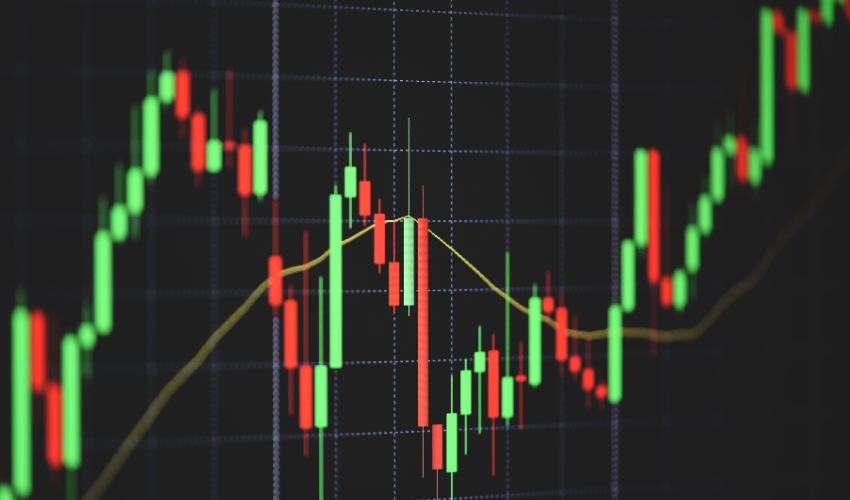What is Bombay Stock Exchange (BSE)?
In the heart of India’s bustling financial landscape lies the Bombay Stock Exchange (BSE), a venerable institution that has played a pivotal role in shaping the nation’s economic trajectory. Established in 1875, the BSE has evolved from its modest beginnings into one of the world’s oldest and fastest-growing stock exchanges, acting as a barometer for the health of the Indian economy. This blog aims to delve into the history, significance, and functioning of the Bombay Stock Exchange, shedding light on its enduring impact on the nation’s financial ecosystem.
Historical Roots:
The BSE traces its origins to the native brokers who congregated under a banyan tree in Mumbai (then Bombay) to conduct informal trades in the mid-19th century. As the demand for a more organized and regulated marketplace grew, the Bombay Stock Exchange was formalized in 1875. Over the years, it has weathered economic storms, technological advancements, and regulatory changes, emerging as a beacon of stability in the financial domain.
Significance in Indian Economy:
The BSE serves as a crucial engine that drives the Indian economy. It provides a platform for companies to raise capital through the issuance of stocks and bonds, enabling them to fund expansion, research, and development. Additionally, the BSE is a barometer of market sentiment, reflecting the economic health of the nation. As one of the primary indicators of India’s financial well-being, movements in the BSE indices are closely monitored by investors, policymakers, and analysts alike.
Benchmark Indices:
The BSE boasts several benchmark indices that serve as indicators of market performance. The most widely followed among them is the Sensex, a collection of 30 of the largest and most actively traded stocks on the exchange. The Sensex reflects the overall health of the Indian stock market and influences investment decisions globally. Another notable index is the BSE 500, which represents a broader spectrum of the market, including mid-cap and small-cap stocks.
Market Operations:
The BSE facilitates trading in equities, derivatives, debt instruments, and mutual funds. The exchange operates on a robust electronic trading system, providing a transparent and efficient marketplace for investors. The trading hours align with global standards, ensuring seamless integration with international financial markets. The BSE’s commitment to technological advancements has played a pivotal role in maintaining its competitiveness and relevance in the rapidly evolving global financial landscape.
Regulatory Framework:
To maintain market integrity and protect the interests of investors, the BSE operates within a stringent regulatory framework. The Securities and Exchange Board of India (SEBI), the country’s primary regulatory body for securities markets, oversees the functioning of the BSE. SEBI’s regulations are designed to ensure fair and transparent trading practices, preventing market abuse and promoting investor confidence.
Listing and Corporate Governance:
Companies seeking to raise capital through the issuance of securities must undergo a rigorous listing process on the BSE. This involves meeting stringent disclosure requirements and adhering to corporate governance norms. Listing on the BSE not only provides access to a wide investor base but also enhances a company’s credibility in the eyes of the market.
The BSE’s commitment to upholding corporate governance standards is evident through its recognition of companies that adhere to best practices. The exchange regularly acknowledges top-performing companies, encouraging a culture of transparency, accountability, and responsible business conduct.
Market Challenges and Innovations:
While the BSE has stood the test of time, it has not been immune to challenges. Market volatility, global economic uncertainties, and technological disruptions pose ongoing challenges that the exchange must navigate. However, the BSE has demonstrated resilience by embracing innovation. The introduction of algorithmic trading, the incorporation of blockchain technology, and the constant evolution of trading platforms showcase the exchange’s commitment to staying ahead of the curve.
Global Collaborations:
Recognizing the interconnected nature of global financial markets, the BSE has actively pursued collaborations with international exchanges. These partnerships aim to enhance liquidity, provide a diverse array of investment opportunities, and facilitate cross-border trading. The BSE’s engagement with global counterparts reinforces its position as a key player in the international financial arena.
Impact on Investors:
For individual and institutional investors alike, the BSE offers a gateway to participate in India’s economic growth story. The diverse array of listed companies, coupled with various investment instruments, provides investors with opportunities to build diversified portfolios. The exchange’s transparency, coupled with regulatory oversight, instills confidence among market participants.



